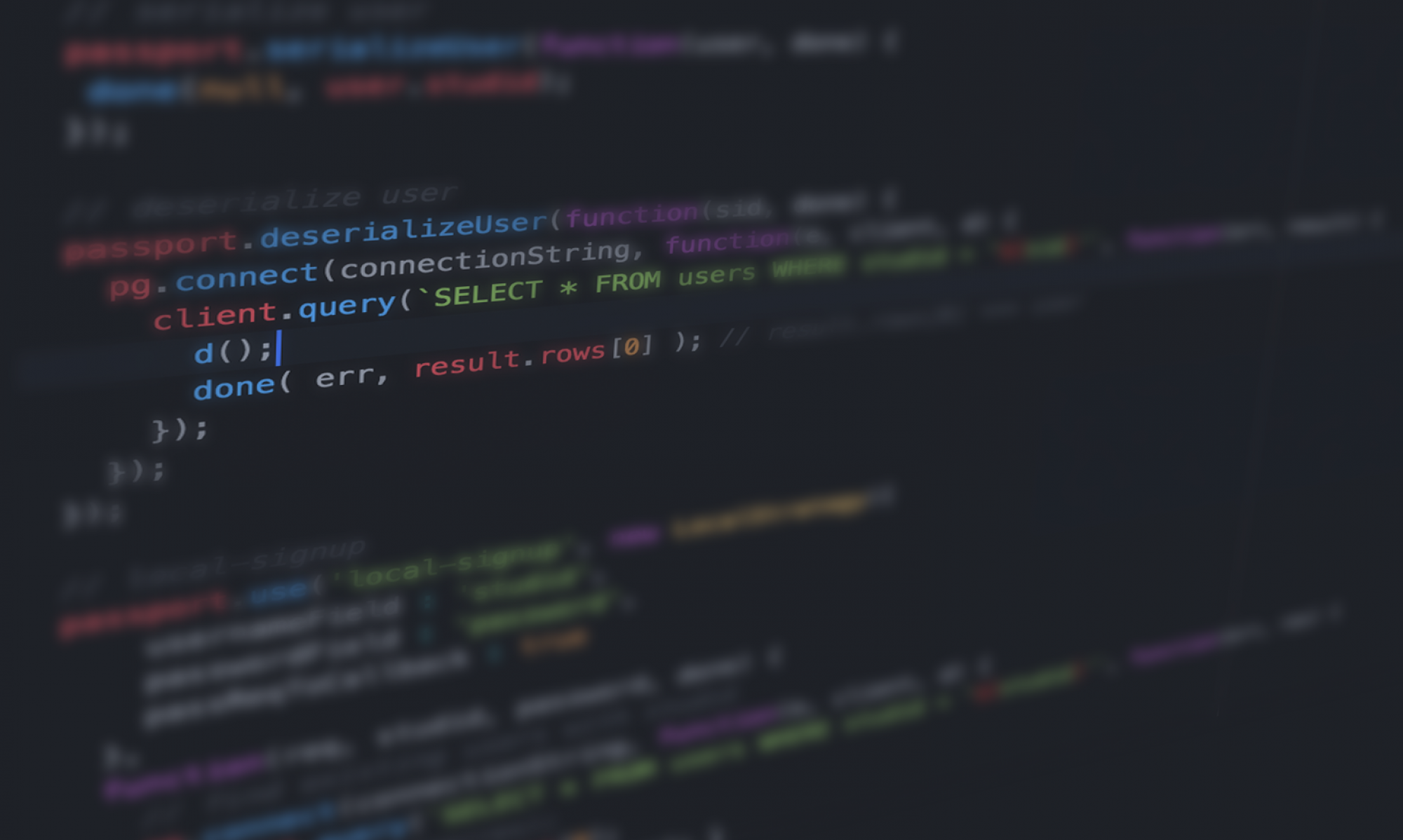My name is Bobby Chan, and I am a lecturer at Simon Fraser University and have been teaching since the Fall of 2007. I was born in Hong Kong and came to Vancouver when I was five.
My interests include theoretical computing science, software engineering, web development, and much of the visual arts.
Teaching Philosophy
A successful teacher of Computing Science should produce students who are strong independent thinkers and capable problem solvers. I am a firm believer in employing a highly inter- active lecture environment where students can freely engage in discussion, then augmenting this with small group activities. To retain student interest, I try to present examples and concepts that are related to their everyday lives; this is done not only in lectures, but also in classroom discussions and assignments. For instance, in my Introduction to the Internet and World Wide Web course, a course whose target audience are business students, the culmination was a project in which each student must start a small business website with a working shopping cart. For more theoretically based courses, I use puzzles and brainteasers that are analogous to concepts being presented; this engages the student by giving an emotional attachment to the material.
Being a good Computing Science instructor also requires one to be on top of recent changes in technology; not only for academic reasons, but also in our communication with students. Of late, I have adopted social networking tools such as twitter and facebook as means of quickly and effectively responding to student requests and concerns. I also find twitter to be an excellent tool to help students surround themselves with course material by being part of their social newsfeed network. I typically send out interesting articles about course topics to supplement learning.
Over the course of my teaching career, I have actively sought to broaden my repertoire of teaching techniques. I improve my delivery after each semester based on student and self evaluations to accommodate as many learning styles as possible. I also regularly attend and participate in professional development activities hosted by the SFU learning commons.
Statement of Faith
Jesus has been instrumental in my development as an instructor. A Christian educator needs to not only convey knowledge but to reflect the love of Christ. Successful educators are servants and yet produce students with the ethical integrity to be integral parts of the industry they are called to teach. Our gifts of teaching should represent an aspect of Christ’s ministry.
On the surface, there seems to be very little connection between Computing Science and the ministry of Jesus. We are called to model Christ in our actions and speech. Moreover, we know that all things are created and meticulously governed by Christ, and we are commanded to show dominion over and subdue it (Genesis 1.28). In the field of technology, subduing means, we must consider how we view and treat computers. This includes, but is not limited to:
- Using computers in a fashion that demonstrates dominion over it. Not to let it act as an idol or to develop a reliance on software.
- Acting ethically when developing software, considering consequences of our actions on society. To work to solve problems that affect the eternal rather than the tem- poral. This is something that I stress to students to encourage them to consider the implications of their decisions on potential projects.
- Discipling gifted students in research consistent with the two items above. Unlike many other professions, the work of a computer scientist impacts many aspects of society and may involve creating safety or life critical software. Thus, a strong foundation of faith is very important to our work.
Unlike many other professions, the work of a computer scientist impacts many aspects of society and may involve creating safety or life-critical software. Thus, a strong foundation of faith is very important to our work.
